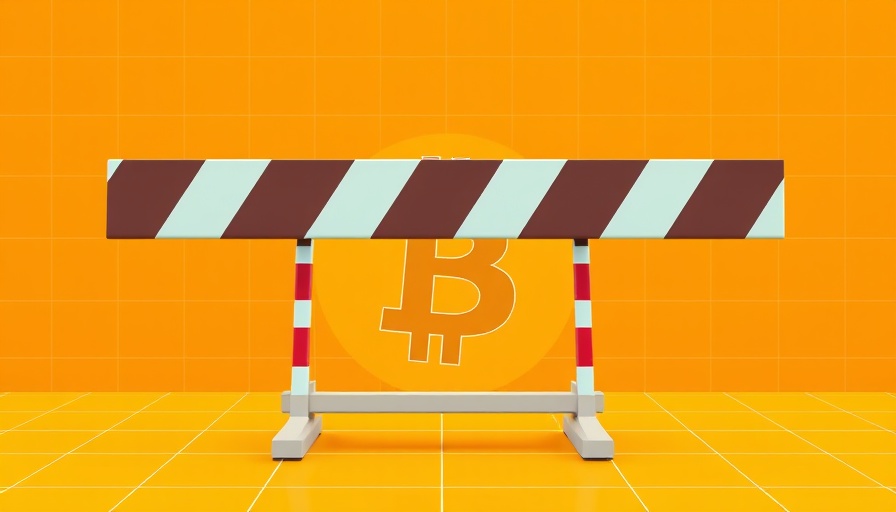
Decentralized AI Training: Transforming the Future of Technology
The future of artificial intelligence is rapidly evolving, with decentralized AI training emerging as a game-changer at the intersection of AI and blockchain technology. This innovative approach aims to democratize access to AI resources and diminish the dominance of centralized AI operations, making it a hot topic among currency and trading enthusiasts.
Understanding the Shift Towards Decentralization
Decentralized AI training leverages the power of blockchain to facilitate the distributed training of machine learning models. By harnessing the untapped potential of GPUs worldwide, this model allows AI developers to conduct training more affordably and transparently. It encourages a shift away from tightly controlled environments of major AI labs, providing an open-source alternative that many find appealing.
Tackling the Technical Challenges
While the promise of decentralized AI is alluring, technical hurdles must be addressed. Communication overhead among geographically dispersed nodes is a major challenge, as efficient operation is reliant on internet speeds and data synchronization. New methodologies such as Decoupled Momentum Optimization (DeMo) are being developed to streamline these processes, ensuring efficient model training even in the most decentralized setups.
Innovative Projects Paving the Way
Several exciting projects are pioneering efforts in decentralized AI training. For instance, Nous Research introduced the Psyche framework, which enhances training coordination through advanced techniques. Projects like Prime Intellect also aim to provide solutions that reduce the costs associated with communication among nodes, highlighting the spirit of collaboration and innovation that drives this field forward.
The Road Ahead: Risks and Rewards
As the landscape of decentralized AI training continues to mature, it presents both opportunities and risks. The potential benefits include improved transparency, greater collaborative efforts, and a reduced reliance on monopolistic entities. However, developers must remain vigilant regarding regulatory scrutiny and the challenges posed by dominant centralized firms. Nonetheless, as these decentralized systems evolve, they represent a powerful alternative to traditional AI development processes.
For those passionate about cryptocurrency and trading, understanding these advancements in decentralized technologies could offer valuable insights to navigate the shifting tides of the tech landscape. Staying informed about these developments not only aids in making educated decisions but might also inspire a sense of community and belonging in a rapidly changing world. Keep an eye on decentralized AI as it continues to unfold and reshape our technological future.
 Add Row
Add Row  Add
Add 




Write A Comment